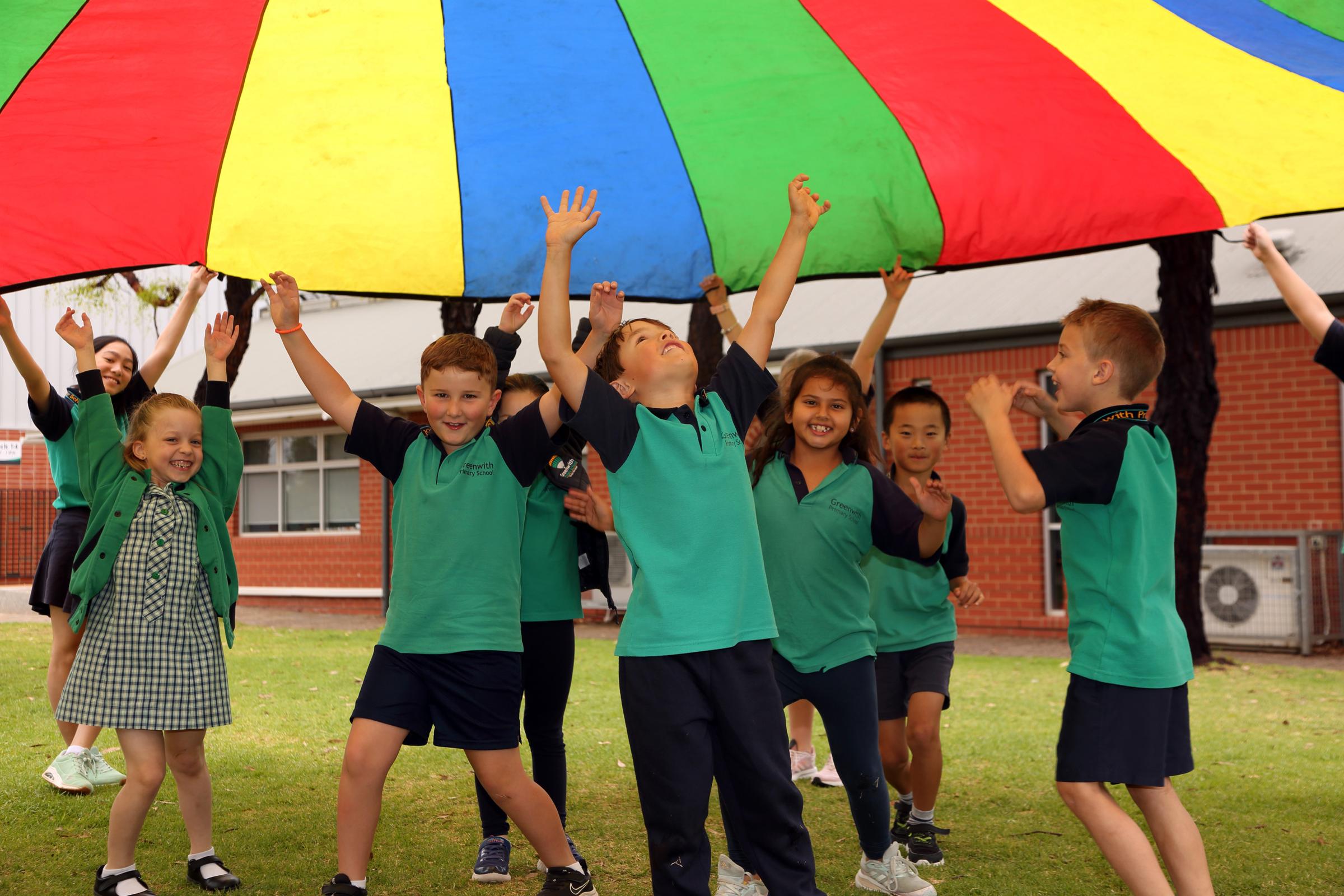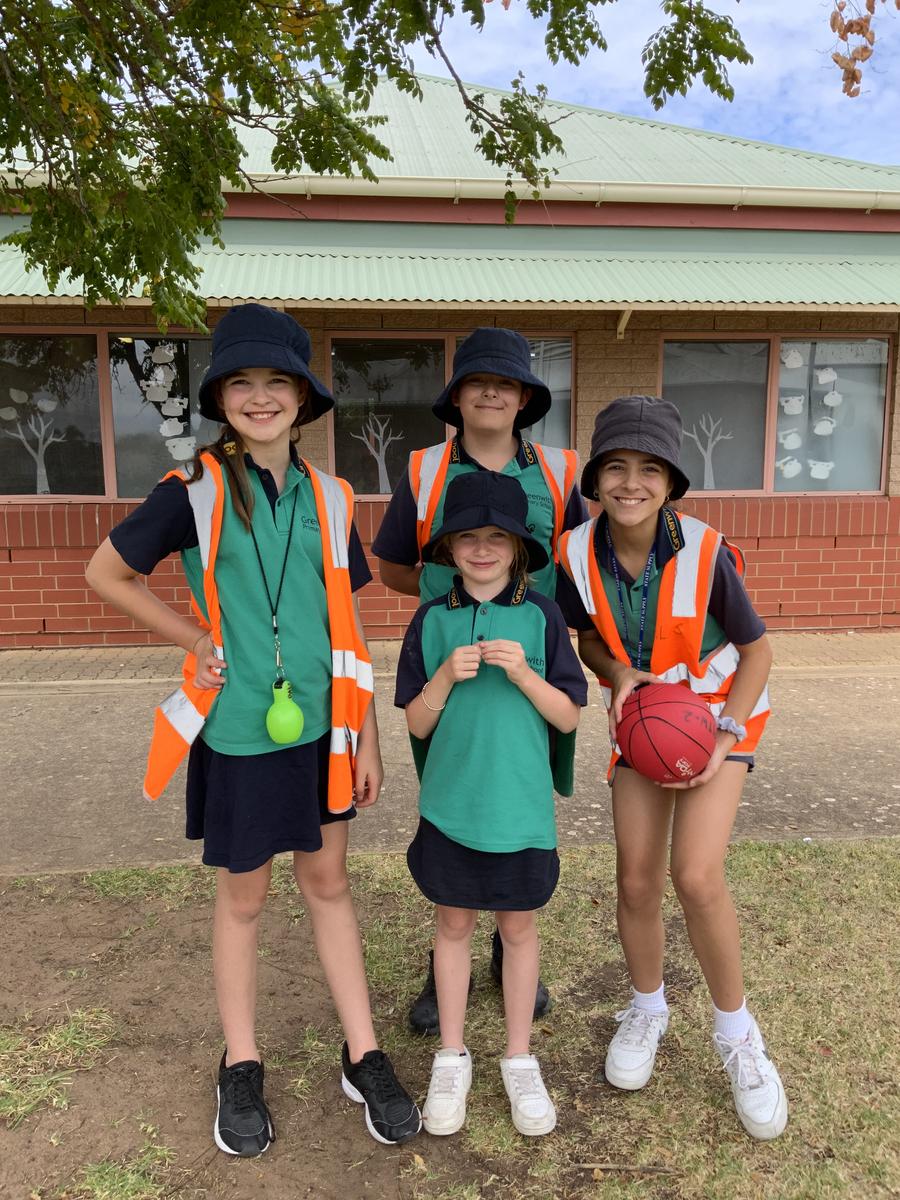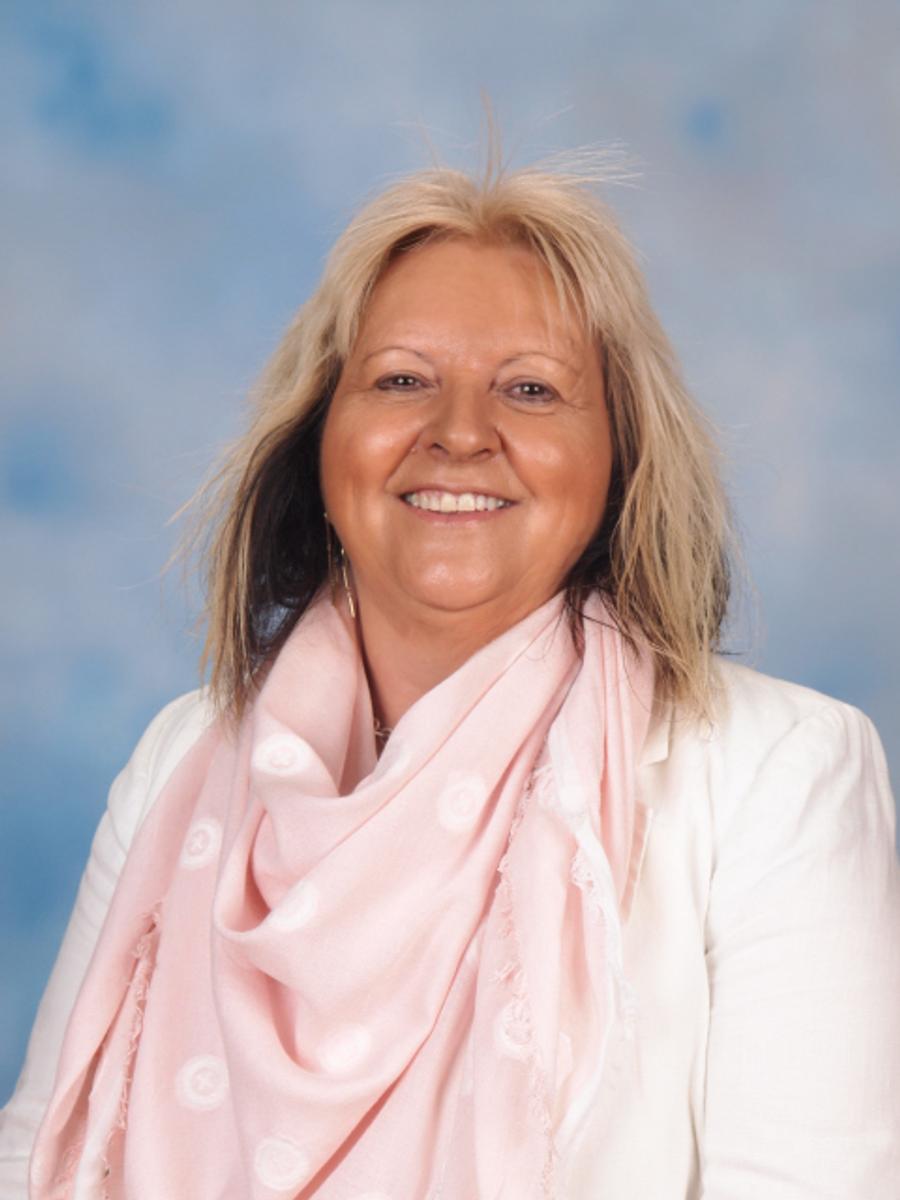Wellbeing

Have you heard about our clubs and initiatives to support student wellbeing at GPS? Here is an update:
Play at Lunchtimes (PALs)
PALs (Play at Lunchtime Support) is a program that aims to develop character skills in students by engaging them as leaders in an organised lunchtime program. Year 5-6 students are trained to run a structured lunchtime play program for younger children. Older students gain leadership skills and build self-esteem while younger students have fun in a safe, friendly schoolyard environment.
Foundation, year 1 and year 2 students are invited to play games and make friends every lunchtime on the grass area next to the JP playground.
Pop-up play area for Foundation students
To support our new Foundation students at lunch and recess time in their first weeks at school, the school leaders set up a play area under the shade next to the sports shed each day. The leaders set up a picnic blanket, train set, books, cars and drawing to support students with building friendships and feeling safe in the yard.
Thank you to our leaders for helping our youngest students settle into school. This has proven to be very successful with many new friendships formed and students gaining the confidence to venture further from the 13 block to explore other play areas such as the nature play area, playground and oval.
Aboriginal Lunch Club
Aboriginal lunch club is an opportunity for students to get to know and interact with others who have a shared heritage.
Each Monday at lunchtime, Aboriginal and Torres Strait Islander students are welcome to bring a friend and come along to the Culture room in the 400 block. Here we play board games, card games, colour in, have a yarn, and just hang out together!
Breakfast Club
Together, GPS and Our Lady of Hope (OLOH) provide a Breakfast Club every Wednesday morning in the OLOH Parish Centre. Students from both schools are welcome to enjoy a complimentary breakfast before school between 8:15 am and 8:35 am.
Breakfast Club is proving to be very popular, so if you are free and happy to help serve a simple breakfast on Wednesday mornings, we would love to hear from you! Volunteer training is required, contact Mel for more information or join us for morning tea later this term to learn more about it.
Thank you to Kickstart for Kids for donating the food to our campus and staff from both schools for supporting this service.
Lego needed for new club!
Do you have any Lego that your kids are no longer using? Please consider donating it to GPS for a new club soon to launch in the 14 block at lunchtime.
Autism Inclusion - Transitioning
Transitioning from one task in the classroom or from one place to another, can be particularly challenging for a number of our students, especially those who are neuro-diverse. Students often feel the need for sameness and routine and you may see this at home and school. A change in routine can feel very uncomfortable or even distressing. Some students may even refuse to transition and can become so overwhelmed they engage in disruptive behaviour.
For everyday tasks such as bedtime and getting organised for school, keeping a structured routine may help students with autism. Visual reminders or countdown strategies may assist. It is important to note that what works for one student may not for another child with autism.
Students with ADHD also have a hard time transitioning their attention from one activity to another. This transitioning can be particularly difficult especially if a child is enjoying a task or is fully engaged.
Transitioning can be a big trigger for children with anxiety who may have some form of fear around change. These students might be afraid or unsure about what comes next and need time to process things.
For whatever reason a child finds transitioning hard, it is important to look for patterns and try to understand why they are experiencing these emotions to help them navigate the overwhelming world around them.
Alison Warner
Autism Inclusion Teacher















